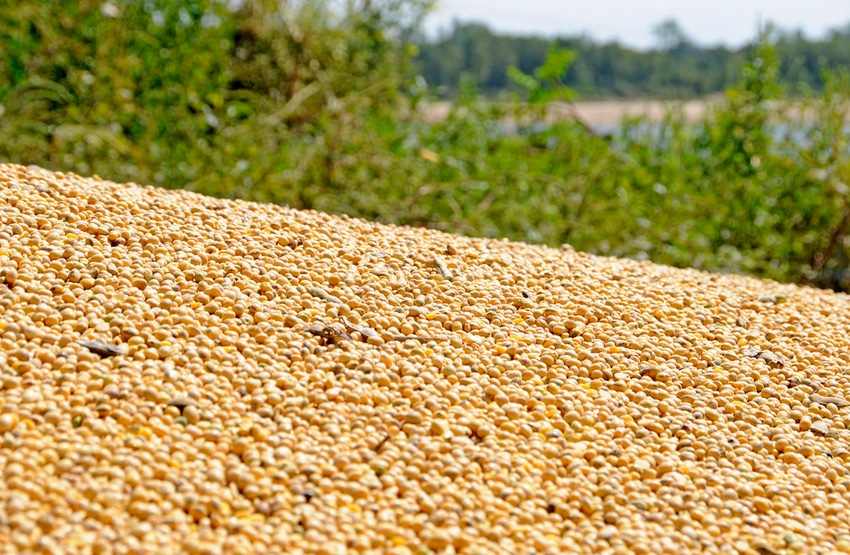May 16, 2013

Nine black robed Supreme Court justices, who normally can’t agree on the color of a cow chip, unanimously gave the biotech industry a benchmark victory in the Bowman v. Monsanto dispute.
Vindication for 75-year-old Indiana farmer Vernon Bowman in the GM soybean case would have been crippling for the agriculture technology industry, and the Supreme Court, after four months of review, returned a 9-0 vote in favor of Monsanto. Essentially, SCOTUS told Bowman he could put Roundup Ready soybeans in the ground one time — no replanting with seed saved from the field, period. The SCOTUS opinion, delivered by Justice Kagan, closed with a direct shot at Bowman’s patent exhaustion claims: “In the case at hand, Bowman planted Monsanto’s patented soybeans solely to make and market replicas of them, thus depriving the company of the reward patent law provides for the sale of each article. Patent exhaustion provides no haven for that conduct.”
The result, which didn’t surprise many pundits, was still not expected to be judically stamped with a unanimous vote. Bowman’s lawyers failed to convince a single justice of the merits of his position. During February oral arguments, SCOTUS judges had seemed to lean toward seed patent protections: “Why in the world would anybody spend any money to try to improve the seed if as soon as they sold the first one, anybody could grow more and have as many of those seeds as they want?” asked Chief Justice John Roberts.
The justices have squeezed seed patents back into Pandora��’s box, but more cases will come. Kagan alluded to such possibilities toward the end of the court opinion, “Our holding today is limited — addressing the situation before us, rather than every one involving a self-replicating product. We recognize that such inventions are becoming ever more prevalent, complex, and diverse.” But even with Kagan’s qualifier, seed patent precedent has been set and the agricultural research industry has gained a deep toehold for use in future cases.
Want the latest in ag news delivered daily to your inbox? Subscribe to Delta Farm Press Daily.
Bowman was cheered as a David fighting Goliath Monsanto and at first glance, it seemed that way. But the implications for siding with Bowman would have been disastrous for agricultural innovation. If seed patents are not protected, no company is going to bankroll research and invest billions toward products vital to food security. Agriculture is just one player on the legal stage and the Bowman decision will impact self-replicating technology, medical research and nanotechnology.
Agricultural patents have a long history of discord and despair — Bowman v. Monsanto is just the latest through the door. Eli Whitney, the father of the cotton gin, was tied up for years in what is arguably the most famous agriculture patent litigation case ever. Whitney wound up with hollow fame from his gin invention, but never wealth. The cotton gin was wrapped up in endless patent litigation and Whitney could only watch as cotton wealth splashed everywhere but on him.
Two hundred years after Whitney’s patent nightmare, Bowman v. Monsanto played out before the highest court in the land; Goliath won the seed patent litigation, but it’s ultimately a victory for the entire agriculture industry.
Twitter: @CBennett71
About the Author(s)
You May Also Like






